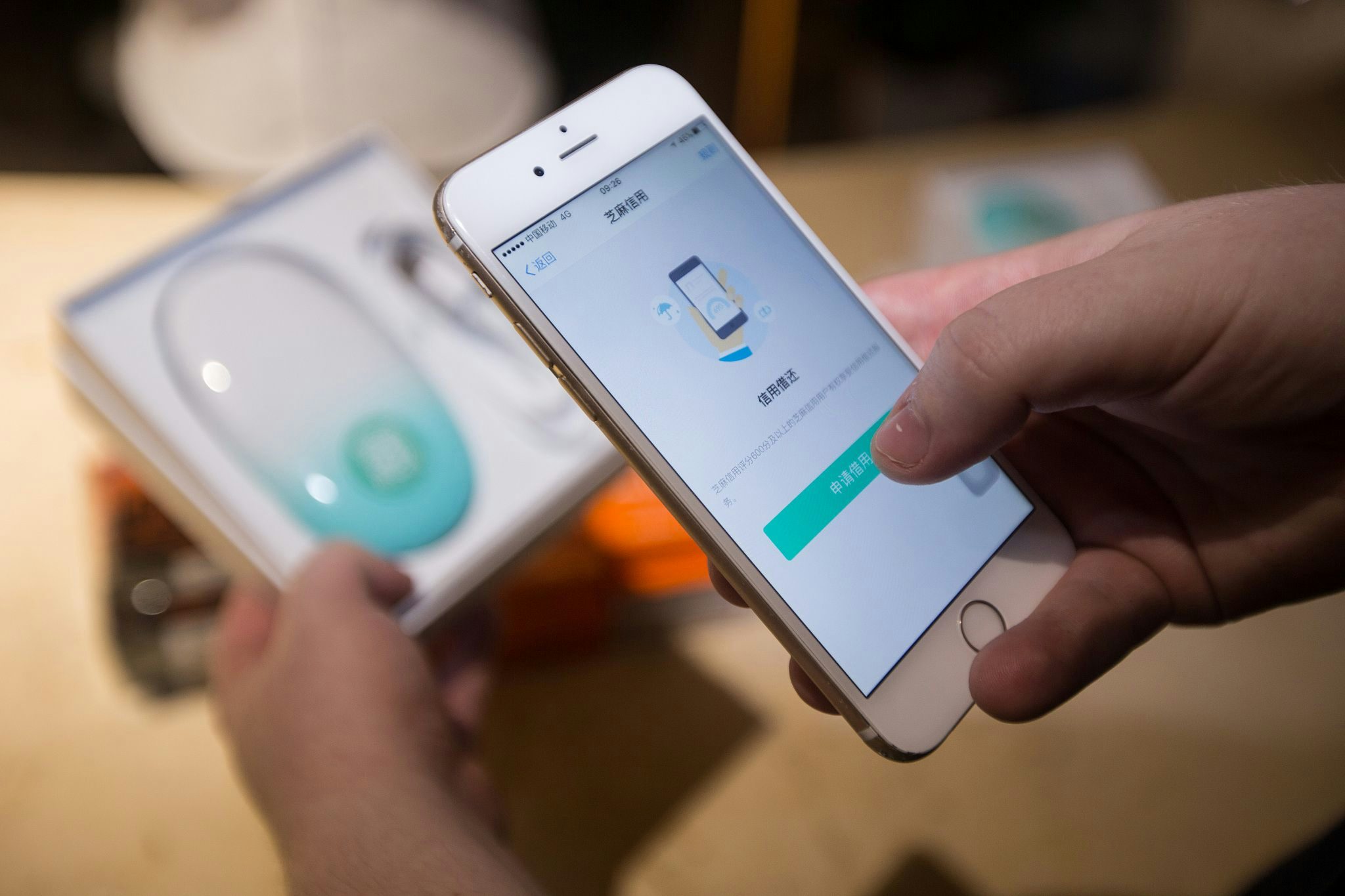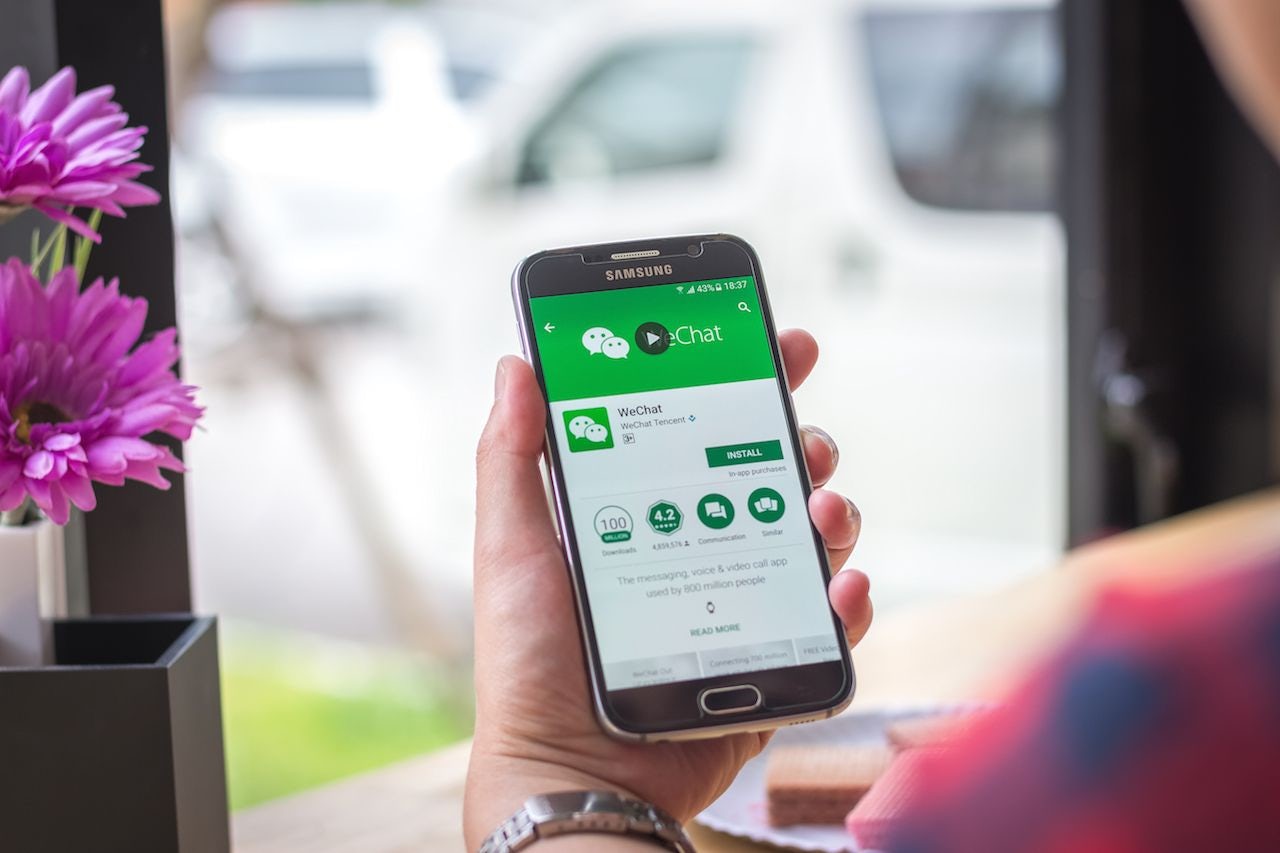During September’s Tencent Cloud Summit in Shanghai, the Shenzhen-born leading technology conglomerate well-known for its social media and mobile messaging App WeChat put great effort into advertising the benefits of using WeChat as an “App for everything”, emphasizing the importance for businesses and brands to have WeChat official accounts and set up their “second official online store” on the app.
This move by Tencent is naturally self-serving. Nevertheless, many have speculated that the timing of this promotion is also tied to recent events related to the new alleged VPN ban.
What is VPN and why is it such a big deal in China?#
It doesn’t take an expert on all things China to have heard of the Great Firewall—a combination of legislation and technologies that restrict online access to selected web services. In other words, it is a powerful online censorship system that restricts citizens’ online activities within the border of China.
Countermeasures from the people, however, have always been strong amid the Great Firewall. Virtual private networks, also known as VPNs, are a popular service that bypasses the Great Firewall. They are used by many of the young Chinese millennials who are more globally-aware and like to have a taste of rebellious freedom.
Since the beginning of this year, however, speculations arose when the Ministry of Industry and Information Technology of China released an update on January 22 suggesting the government’s initiative to regulate and tighten control on VPN service providers, which used to be a grey area from a legal standpoint.
On June 22, a popular VPN provider GreenVPN announced its shut down and urged users to apply for a service fee refund.
In late July, Chinese netizens observed that Apple had removed Apps that provide VPN services from App Store China—a move that attracted global attention and was reported by major news outlets including The New York Times, Bloomberg, The BBC, and CNN—causing a certain degree of panic domestically.
What do we know about the alleged VPN ban so far?#
New developments on the alleged ban thus far have been from Chinese news sources, citing the Ministry of Industry and Information Technology’s response to Bloomberg that the ban on VPN reported by English-language news sources was false.
The Ministry has reportedly said that the January statement was to be interpreted as the government's initiative in coming up with a "new VPN policy", intending to “clean up” unauthorized internet connections. The Ministry stated that VPN providers with government-issued licenses will be operating unaffectedly under the new policy.
The government’s supposed reassurance still left many questions unanswered; to name a few: what does it take to obtain a VPN licenses from the government? Who are eligible to obtain the VPN licenses? Will the newly licensed VPN providers still offer the same type of service as grey market providers before?
What impact will the VPN ban have on luxury brands doing business in China?#
Without VPN services, popular social media sites used by many luxury brands for global marketing campaigns such as Instagram, Facebook, Pinterest, Youtube, and Whatsapp are not accessible in Mainland China. Per status quo, these platforms are not the predominant social media platforms luxury brands use to target Chinese consumers, and many luxury brands with an established fan-base and populace in China such as Gucci, Louise Vuitton, and Hermes already have their well-developed ".cn" Chinese official websites. Furthermore, a majority of them also have Chinese social media platforms like WeChat and Weibo set up.
However, the situation is quite different for smaller and emerging brands that are becoming progressively sought after by Chinese millennials—a powerful force that's revolutionizing the Chinese luxury market and redefining the concept of luxury as a whole.
“Undoubtedly, the newly-released VPN ban will make it even more difficult for those in mainland China to access foreign websites,” said Jackie Chen, social media content manager at Hong Kong-based PR agency ChoZan.“They may have to take extra and even more complicated steps if they want to visit these websites in the future. Generally, most people wouldn’t bother so much when they just plan to purchase an item.”
Chen said that for those who have already entered China, he doesn’t see the ban having a great impact since most of them already have their own official online platforms, their Chinese social media presence and other sales channels.
However, there are also claims from internet users in mainland China that certain brands’ global ".com" official websites are spotty and frequently unreachable without using a VPN service. Some have speculated that the new VPN policy might point to an even tighter online censorship initiative from the government which might yield more ".com" websites unreachable from inside the mainland.
“For those luxury brands that are still operating outside of China if they have a steady number of online Chinese consumers," Chen said. “The VPN ban may be an important issue to consider. It is advised that they test whether their website will be affected by the ban before they decide whether they want to set up their official presence in mainland China.”
What possible solutions do luxury brands have?#
Luxury brands who are newcomers need to increase exposure and grow followers at the initial stage, thus a semi-closed platform like WeChat might not be the best option, Chen said. In this case, he says Weibo would be a better choice due to its open and public nature.
“When it comes to entering China, many brands will think of WeChat first. As a multifunctional platform, WeChat can satisfy most needs for brands in terms of social networking, marketing, advertising and even e-commerce,” said Chen. “However, WeChat is merely an option and there are still many additional ways for these foreign luxury brands to set up their presence in mainland China.”
“As for sales channels, they can set up their official stores in large e-commerce platforms like Tmall and JD or cross-border e-commerce platforms like NetEase Kaola and Xiaohongshu. They can also consider building up their own official Chinese website, which may take longer time and efforts, but with fewer restrictions,” he added.




